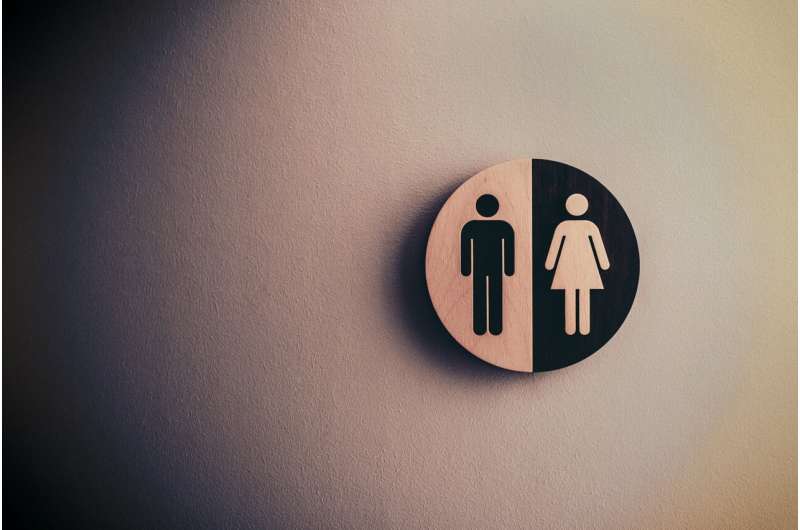Research Reveals Critical Gaps in Meeting Basic Needs for Unsheltered Homeless Individuals in Los Angeles

A USC study reveals significant gaps in access to basic resources such as food, water, and hygiene among unsheltered homeless populations in Los Angeles, emphasizing the need for targeted, immediate interventions.
A recent study conducted by the USC Street Medicine team highlights alarming deficiencies in access to fundamental resources among unsheltered homeless populations in Los Angeles. According to the research, fewer than 25% of individuals experiencing homelessness without shelter have regular access to a toilet, and approximately one-third consume less than one meal daily. Additionally, access to showers, safe drinking water, and healthcare services remains severely limited for many.
This comprehensive study, published in the Journal of Primary Care & Community Health, involved responses from 665 adults across Los Angeles County. It focused specifically on those living in places not designed for habitation—such as cars, tents, or sidewalks—to collect detailed insights into their unmet needs.
Lead researcher Alexis Coulourides Kogan, Ph.D., from USC’s Keck School of Medicine, emphasized that unmet basic needs—like food, water, and hygiene—are pervasive for this population. "If individuals cannot meet these fundamental needs, it becomes nearly impossible for them to seek employment, access housing resources, or pursue healthcare," she explained.
The study underscored significant geographic disparities in how these essential resources are accessed. For example, residents in Hollywood relied heavily on local businesses to purchase water and find toilet facilities, while in other areas, public parks served as primary sources of safe drinking water. This variation indicates that tailored solutions are necessary to effectively address the diverse needs across different neighborhoods.
USC Street Medicine teams deliver on-the-ground medical and social support directly to unsheltered individuals, making it possible to identify urgent needs that are often overlooked. The survey employed the HOUSED BEDS tool, designed to evaluate social determinants of health among PEUH (People Experiencing Unsheltered Homelessness). Findings revealed that only 22.5% had regular access to a toilet, and 43.9% to showers. While most participants had access to clean drinking water, many expressed concerns about water safety. Notably, only 7% had seen a primary care provider in the past year.
Kogan advocates for targeted interventions based on geographic and individual needs, emphasizing that addressing immediate survival needs—the ability to eat, drink, and maintain hygiene—is crucial for enabling longer-term solutions like housing. She lauds efforts by Los Angeles County and California to expand shelter and housing options but stresses that immediate aid remains vital.
The study demonstrates that approaches like street medicine are effective in reaching those who cannot access traditional healthcare settings. Researchers plan further studies to identify those with the most urgent needs and assess whether receiving care improves access to essential resources. As Brett Feldman, co-author of the study, notes, providing basic survival resources is fundamental because "when people go without essentials like food, water, or healthcare, self-resolving homelessness becomes almost impossible."
source: https://medicalxpress.com/news/2025-09-majority-unsheltered-angelenos-critical-gaps.html
Stay Updated with Mia's Feed
Get the latest health & wellness insights delivered straight to your inbox.
Related Articles
Enhancing Infant Formula Preparation Guidelines to Prevent Deadly Bacterial Contamination
New research highlights the need for clearer guidelines in preparing powdered infant formula to prevent deadly bacterial infections in high-risk infants, emphasizing precise temperature control and preparation steps.
Understanding the Connection Between ADHD and Bladder Control Issues
Exploring the link between ADHD and bladder control problems reveals how brain function and behavioral factors contribute to toileting challenges in children, emphasizing the importance of tailored strategies for management.
Understanding Prostate Cancer: From Screening to Treatment Options
Learn about prostate cancer screening, risk factors, and the latest treatment options to improve outcomes through early detection and management.
Study Finds Most Epilepsy Patients Wait About a Year for Seizure Control After Treatment Initiation
Most individuals with focal epilepsy experience a year or more of ongoing seizures after starting treatment, highlighting the importance of personalized, persistent medication management for seizure control.



